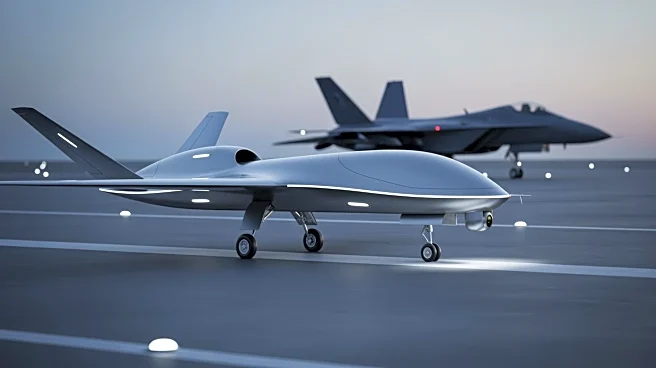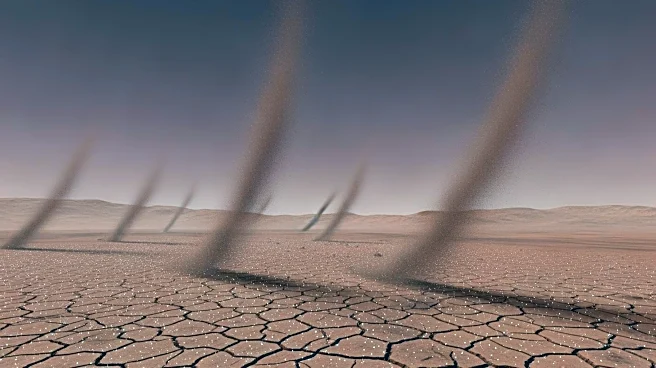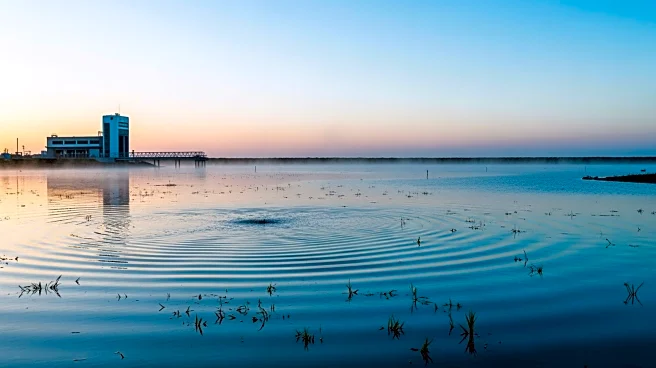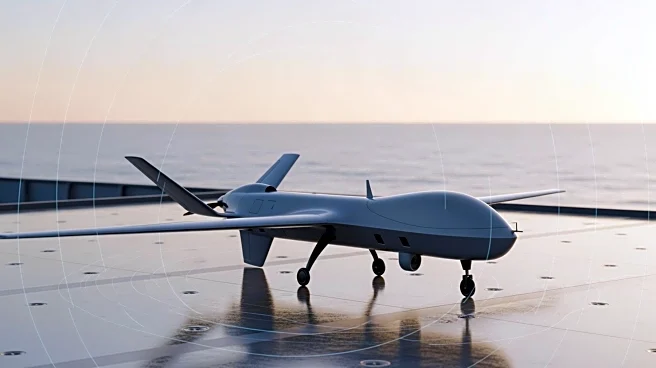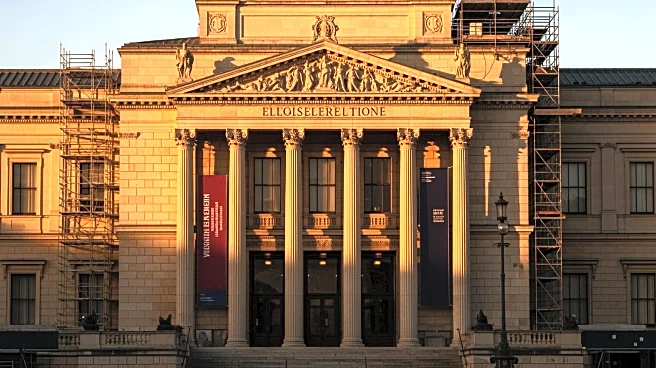What's Happening?
From June 12 to 15, 2025, Madagascar participated in the 4th China-Africa Economic and Trade Expo in Changsha, China. The event focused on fostering sustainable cooperation between African countries and China. The Malagasy
delegation showcased national resources, including agriculture, mining, tourism, and technology, under the 'Made in Madagascar' brand. The Minister of Foreign Affairs, Rasata Rafaravavitafika, emphasized President Andry Rajoelina's vision of achieving food self-sufficiency and positioning Madagascar as an agricultural hub in the Indian Ocean. The Chinese province of Hunan, a key partner, plays a significant role in this cooperation, particularly through projects like hybrid rice technology.
Why It's Important?
The agricultural cooperation between Madagascar and China is crucial for Madagascar's economic development and food security. By strengthening ties with China, Madagascar aims to attract responsible investments and enhance its visibility in the international market. The focus on agriculture aligns with the country's strategy to achieve food self-sufficiency and become a regional agricultural hub. This partnership also exemplifies a South-South cooperation model, promoting shared development and respect for sovereignty. The collaboration could lead to increased agricultural productivity and economic growth, benefiting local communities and contributing to regional stability.
What's Next?
Madagascar is expected to continue building on its partnership with China, focusing on agricultural projects that enhance food security and economic development. Future initiatives may include expanding hybrid rice technology and other agricultural innovations. The country may also seek to diversify its agricultural exports and strengthen its logistics capabilities to support regional trade. Continued engagement with China could lead to more structuring projects that foster shared prosperity and sustainable development in the region.
Beyond the Headlines
The cooperation between Madagascar and China highlights broader geopolitical dynamics in the Indian Ocean region. It underscores the importance of South-South partnerships in addressing global challenges such as food security and economic inequality. The collaboration may also influence cultural exchanges and technological advancements, fostering mutual understanding and innovation. Additionally, it raises questions about the balance between national sovereignty and international cooperation, as countries navigate complex economic and political landscapes.


